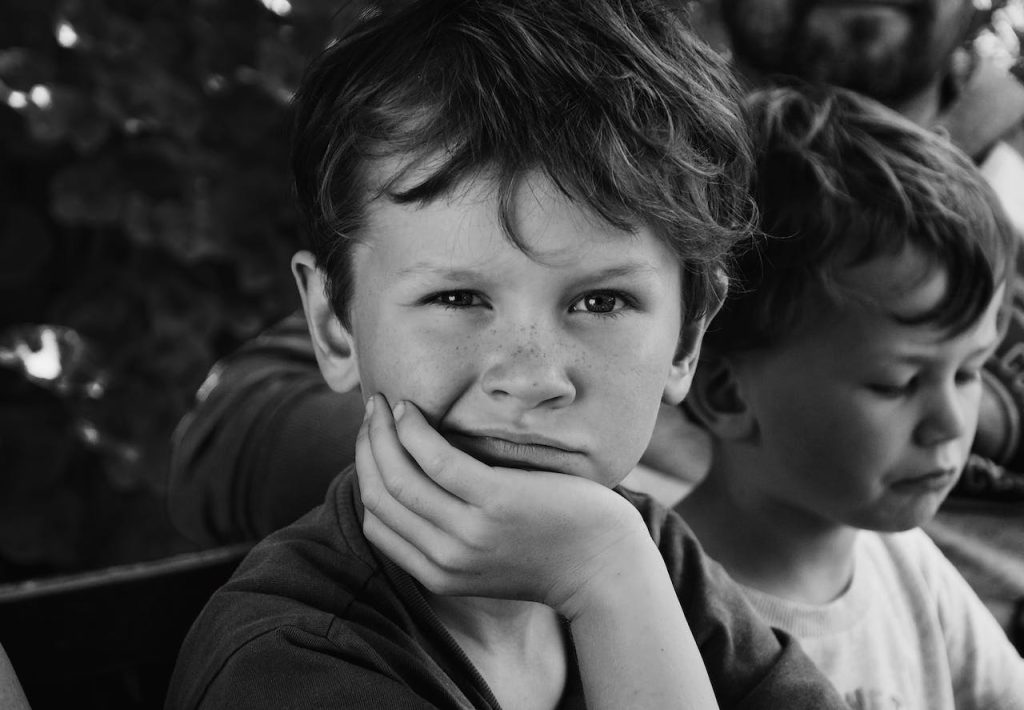When children enter foster care, one of the most important relationships to nurture is that between siblings. For children separated from their parents, maintaining bonds with brothers and sisters provides comfort, familiarity and a sense of belonging during a disruptive time.
As a foster carer, you play a vital role in sustaining these sibling connections. With understanding and intentional support, you can help create positive shared experiences that form the building blocks of lifelong sibling relationships.
Understanding the Sibling Bond
The sibling bond is unique in its longevity and emotional intensity. While parental figures or friends may come and go, brothers and sisters often remain constants in each other’s lives over many years. This permanency becomes especially invaluable for children unable to live with their parents.
When entering foster care, siblings provide a bridge to the life children have left behind. Even short periods of separation can be distressing, causing feelings of grief, anxiety or abandonment. Maintaining contact reassures children they have not lost their sibling connections amidst other losses.
As children adjust to changes in caregiving and environment, siblings are also precious sources of support. They share an exclusive history and can relate deeply to each other’s experiences in a way no one else can. This empathy builds trust and creates a safe space to process emotions.
Promoting Positive Interactions
If you are fostering siblings, consciously encourage enjoyable shared activities that form positive associations. Simple creative projects, board games, outdoor play or baking together redirects focus to the present moment, providing respite from worries.
It is equally important to allow siblings private space and freedom to navigate their own relationship dynamics. Be present and available, but refrain from excessive interference or forced interactions, which can inadvertently fuel tensions. Children will often independently seek out one another’s company when needing comfort or reassurance.
Managing Challenging Behaviours
While many siblings share deep affection, competitiveness or other challenging behaviours can manifest during times of stress. Old family roles may resurface as coping mechanisms, or children may vie for attention in new surroundings.
Rather than react punitively, respond with empathy and validate each child’s perspective. Gently reinforce boundaries if behaviours become harmful but avoid labelling children or pitting them against each other. Reframing experiences positively and providing individual care helps diffuse rivalries.
If concerning behaviours persist, explore the underlying root causes with support services. Therapeutic intervention can uncover past hurts and teach new emotional skills to nurture the sibling bond.
Facilitating Ongoing Contact
When siblings cannot reside jointly in care, frequent and regular contact remains essential. Discuss with your case worker how to arrange in-person visits, video calls or phone conversations. Consistency helps reduce feelings of loss and abandonment when separated.
During visits, create openings for siblings to interact away from adult presence, which encourages deeper relating. Simple prompts like sharing memories of childhood can unlock meaningful exchange.
Amidst the upheaval of entering care, the sibling relationship brings comfort through familiarity. As foster carers, thoughtfully nurturing these bonds not only provides stability when children need it most, but lays foundations for sibling connections to flourish across the years. With patient guidance, siblings in care gain a lasting source of support.

